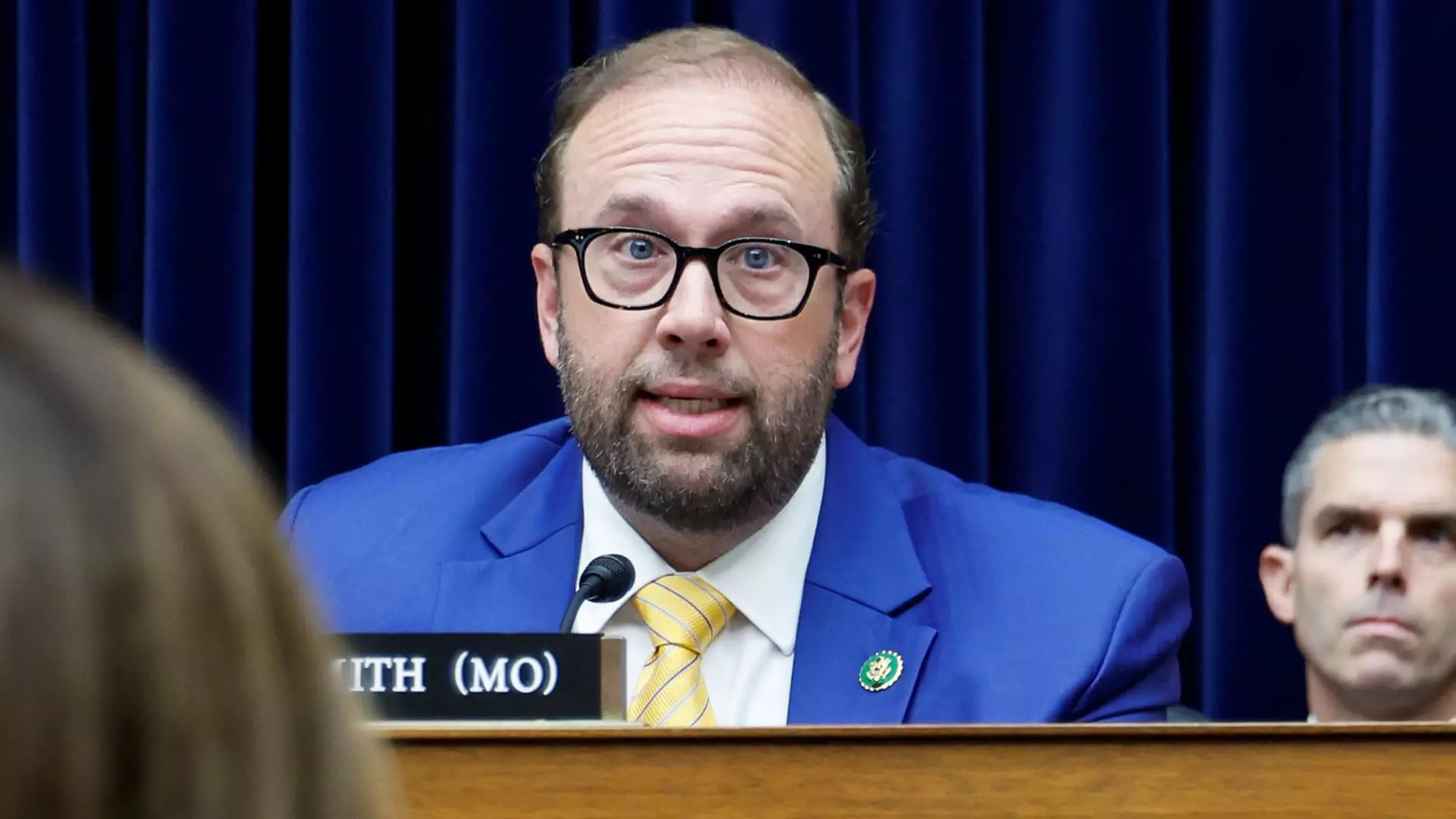The proposed $78 billion tax package, which holds major benefits for companies, recently made significant progress towards becoming law. A key House panel, the House Ways and Means Committee, overwhelmingly approved the bill by a notable vote of 40-3. Such a strong bipartisan showing in the Committee boosts the momentum behind the proposed changes.
The tax package encompasses various measures, including allowing the immediate expensing of research and development costs, as well as granting full and immediate expensing of machines, equipment, and vehicles. Moreover, the package aims to provide increased flexibility for businesses through interest deductions. Additionally, the proposed changes involve tax credits to incentivize the construction of affordable rental units and offer disaster relief for wildfires and train derailments from the previous year. Lastly, the bill takes initial steps towards eliminating double taxation for businesses and workers with ties to both the U.S. and Taiwan.
Several provisions within this tax package were previously part of the 2017 Trump tax cuts; however, they expired over the past few years. Since their expiration, influential business groups such as the Business Roundtable, Chamber of Commerce, and the National Association of Manufacturers have actively lobbied lawmakers to reinstate these provisions. The package released earlier this week resulted from a rare bipartisan agreement between Republican House Ways and Means Chair, Jason Smith from Missouri, and Democratic Senate Finance Chair, Ron Wyden from Oregon.
To gain more Democratic support, the bill expands the child tax credit by adjusting it for inflation and allowing Americans without a tax bill to receive the credit as a refund, among other changes. Despite the White House’s endorsement of the legislation, a number of influential Democrats have expressed concerns after it was introduced earlier this week. Representative Earl Blumenauer, an Oregon Democrat, stated at the Ways and Means vote, “We’re better doing [the tax bill] than letting all this stuff lapse, but that doesn’t mean that it’s right. That doesn’t mean that we can’t do better.” Although he expressed his reluctance, Blumenauer eventually decided to vote for the bill but emphasized the need for further expansion of the child tax credit.
The tax package proposes to fund the measures by ending a pandemic-era tax credit on January 31 for businesses with employees impacted by Covid-19. The fate of the bill, its passage in the House, and subsequent implementation remain uncertain. House Speaker Mike Johnson has yet to confirm when or if the bill will be brought to the House floor for a vote. However, both Smith and Wyden are pushing for swift passage so that its provisions can apply to the 2023 federal tax filings, due on April 15.
The $78 billion tax package, with its numerous provisions and bipartisan support, offers significant benefits to businesses and individuals alike. However, concerns have been raised by influential Democrats regarding the need for further improvements and expansion, especially in regards to the child tax credit. As the bill progresses, it remains to be seen how it will fare in Congress and what impact it will have on the economy at large.

Leave a Reply